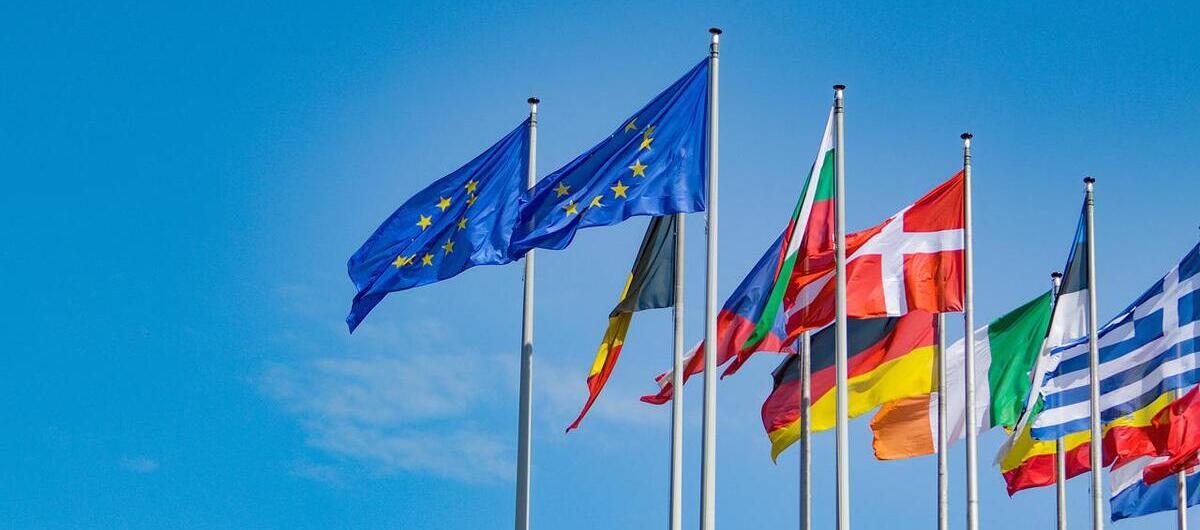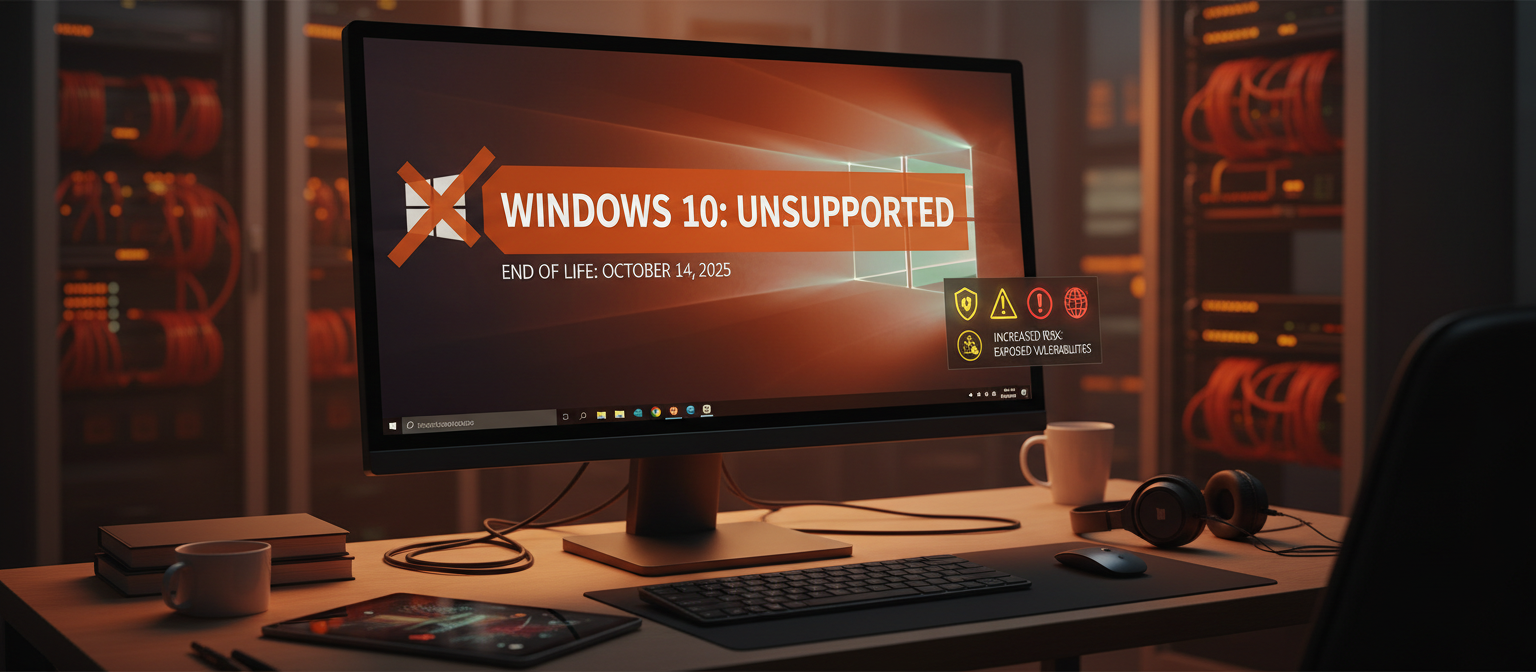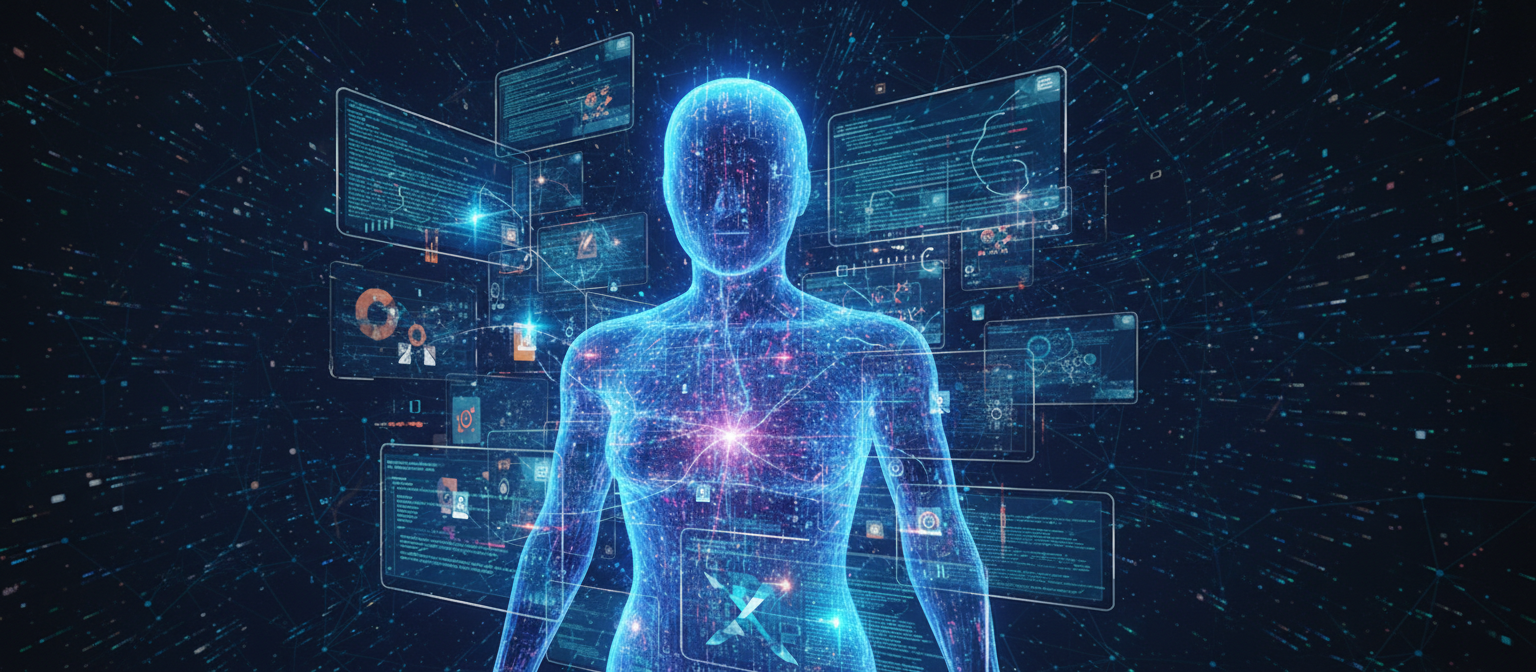Some time ago, the European Union began its fight to regulate everything related to IT. A few weeks ago we commented on the first proposal from a world power to control artificial intelligence, and now it is happening with new Big Tech regulation.
The EU itself is happy and optimistic. However, there are some voices outside the EU that are against it. In this Befree blog post we will explain everything that is known about the European proposal.
The EU’s intentions
The new EU Big Tech regulation was presented a few weeks ago. It was the Vice-President of the European Commission, Margrethe Vestager, who was in charge of doing so. The proposal, called the Digital Markets Act (DMA), is scheduled to enter into force in spring 2023.
In her appearance, Vestager said that the road ahead for the EU “is exciting”. The regulation is about “setting up new structures within the Commission“. It will use the “resources of DG Competition and DG Communications based on relevant expertise”.
In this way, it is about “cross-border cooperation” to address the “global and systemic nature of the practices and market characteristics we have seen in digital platforms”, Vestager explains.
New Big Tech rules: what they are?
The DMA seeks to curb Big Tech, especially non-European Big Tech, to prevent “global tech giants from exploiting compliance loopholes” in European jurisdiction. The first point to be addressed is the concept of gatekeepers. Companies included in this group – such as Google, Amazon or Meta – will have a series of obligations and responsibilities. To be a gatekeeper, a company needs to have an annual turnover of 7.5 billion euros or a capitalisation of at least 75 billion euros. In addition, they must also have at least 45 million monthly users in Europe or 10,000 business users per year.
On the other hand, the DMA is about users and services, not hardware. Thus, device companies are not included. In addition, the new Big Tech regulation will force them to facilitate the interoperability of their applications. For example, iMessage will have to work on Android.
The DMA will also act against pre-installed apps that cannot be deleted and services that we cannot opt out of. The Big Tech regulation will force them to be removed and not included, respectively. It also affects alternative app shops on iOS or Android and payment systems. The DMA will force this interoperability.
Finally, it also affects the FRAND concept, which stands for “fair, reasonable, and non-discriminatory terms”. According to Enrique Pérez in Xataka, this phrase will appear in sections such as the obligations of companies towards developers. In other words, interoperability or compatibility of services with the competition will not always be possible, as it is technically unthinkable, but under reasonable terms.
Potential problems
There are some aspects of the DMA that may cause problems in the medium to long term. For example, although they do not currently fall into the gatekeeper category, European tech companies such as Booking, Zalando or Spotify will eventually enter. Asian companies such as Alibaba or Byte Dance could also be categorised as gatekeepers at a later stage.
On the other hand, interoperability is a radical paradigm shift. The intention is for gatekeepers to go for open protocols and stop excluding each other. This is a technical challenge in terms of encryption that “we will have to see how it is implemented”, says Pérez.
Due to a complexity issue regarding content moderation, the new Big Tech regulation have left out social networks. The media and their relationship with services such as Google News are not included either. The copyright debate will be addressed outside the DMA.






